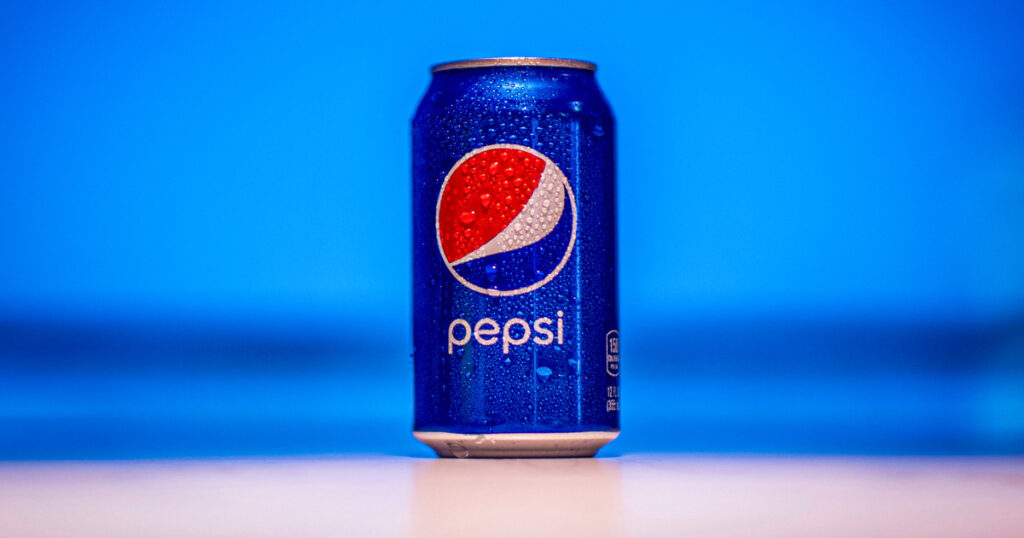
Top-ranking Democrats are pressing Pepsi for information on its pricing, renewing pressure on a major consumer brand as inflation concerns persist under the new Republican administration.
The letter, sent Sunday evening by Sen. Elizabeth Warren of Massachusetts, Sen. Cory Booker of New Jersey and Rep. Jerry Nadler of New York and seen by NBC News, asks Pepsi to explain alleged disparities in the prices it charges big-box chains versus smaller retailers. It asks the beverage and snack foods giant to respond by May 25 with details on how it charges retailers for its products, and whether the company or its subsidiaries offer preferential discounts or advertising opportunities to large chains.
“Pepsi’s actions may have harmed local mom-and-pop stores’ ability to compete against big-box grocery chains, leading to higher prices and fewer options for consumers,” they wrote in the letter, which was also signed by seven other Democratic lawmakers.
A PepsiCo spokesperson didn’t immediately respond to a request for comment.
The letter revives a Biden-era focus on price-gouging. Whereas Democrats blamed corporate greed and purported anticompetitive behavior for contributing to consumer price hikes, Republicans are more focused on trade. They accuse foreign countries of “ripping off” Americans and back sweeping tariffs as a solution.
The Federal Trade Commission sued Pepsi on Jan. 17, the final business day of President Joe Biden’s administration, accusing the snack and beverage giant of “rigging soft drink competition” by allegedly giving an unnamed big-box retailer more favorable pricing than its rivals.
The commission cited a 1936 law that had largely fallen out of enforcement since the deregulatory push of the 1980s, alleging that Pepsi violated rules against offering competing buyers different prices or promotional resources. The FTC used the same statute in December to sue a major liquor distributor for alleged price discrimination that it said favored large grocery chains over smaller competitors.
An FTC spokesperson didn’t immediately respond to a request for comment.
Pepsi pushed back on regulators’ allegations in January, saying the lawsuit was filed in a “partisan manner” and vowing to fight it in court. “PepsiCo’s practices are in line with industry norms and we do not favor certain customers by offering discounts or promotional support to some customers and not others,” it said in a statement at the time.
Power atop the FTC has shifted dramatically in the few short months since the price-discrimination case was filed.
President Donald Trump fired two of the agency’s Democratic commissioners in March, a move that both ousted officials have slammed as illegal. Some Republican lawmakers are pushing to transfer the commission’s authority over antitrust matters solely to the Justice Department. That idea is supported by multibillionaire Trump adviser and Tesla CEO Elon Musk, who is now scaling back his role directing deep cost cuts across the federal government.
Andrew Ferguson, a Republican whom Trump elevated from an earlier role as one of the FTC’s five commissioners to succeed Biden appointee Lina Khan in the top spot, publicly voiced objections in January over the decision to sue Pepsi.
Ferguson told CNBC in April, “I want vigorous antitrust enforcement,” adding that “monopoly is not good for innovation.” But he also called for deregulation, saying, “Deal flow is part of how this country grows.”
While the Biden administration was “very, very suspicious” of mergers and acquisitions, Ferguson said, “I am not at all. I am pro-antitrust enforcement, and I am pro-innovation and growth, and we have to strike that balance.”
The renewed Democratic pressure comes amid growing concerns that higher costs and economic uncertainty threaten consumer spending. Pepsi is among a handful of major companies that have recently adjusted or withdrawn their financial outlooks, citing economic turbulence related to Trump’s ongoing trade war.
Pepsi recently reported softer first-quarter sales in North America, where food and beverage volumes slid 1% and 3%, respectively.
“Consumers have remained value‐conscious across brands and channels as the cumulative impacts of inflationary pressures have strained budgets and altered food shopping patterns,” executives told investors late last month, warning that volatility in global trade was likely to raise its costs.
 Latest World Breaking News Online News Portal
Latest World Breaking News Online News Portal







